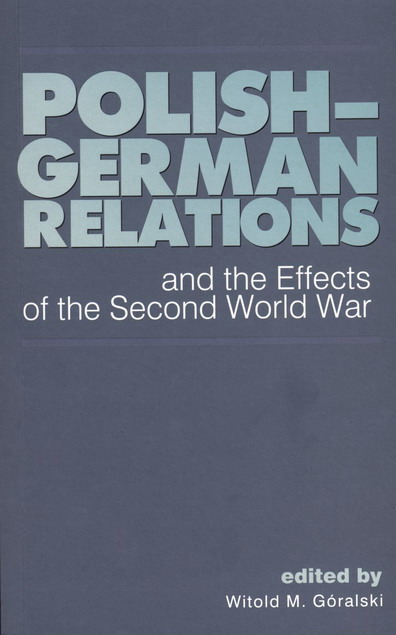An Appraisal of the Losses to Polish Cultural Heritage Resulting from German Aggression during the Second World War
An Appraisal of the Losses to Polish Cultural Heritage Resulting from German Aggression during the Second World War
Author(s): Wojciech KowalskiSubject(s): Politics / Political Sciences
Published by: PISM Polski Instytut Spraw Międzynarodowych
Keywords: polish-german relations; second world war;
Summary/Abstract: Cultural heritage has always played a fundamental role in the history and survival of every nation. A nation’s heritage stands witness to its historical tradition and has always been universally recognized as an almost irreplaceable determinant of its distinct identity, while providing it with a specific form of “historical legitimacy.” A natural consequence of the essential function of heritage is that all injuries it might sustain are felt as being exceptionally severe. In the words of one author, over the course of a hundred years a thousand factories destroyed by war will slowly be forgotten, while the loss of even a single historical monument will not be. For this reason, the registration and estimation of losses in the field of culture is usually treated as a distinct subject, although, in the case of the losses sustained by Poland’s cultural heritage during the Second World War, this approach is primarily dictated by the enormous scale of the destruction and plunder. In this context, it is important to draw attention to the different way in which the German occupiers treated cultural heritage in Poland as opposed to how they treated the heritage of other European countries they occupied. For example, following the occupation of France and Belgium, artefacts and art collections were put in the care of a special service body of the German armed forces, the Kunstschutz, which issued the army with special instructions based on the principles of the Hague Convention of 1907. Despite numerous difficulties, this service saved the French public collections, while plunder was limited to private collections, primarily Jewish ones, but also, for example, those of the Polish Library in Paris.
Journal: PISM Series
- Issue Year: 2006
- Issue No: 1
- Page Range: 45-67
- Page Count: 23
- Language: English

